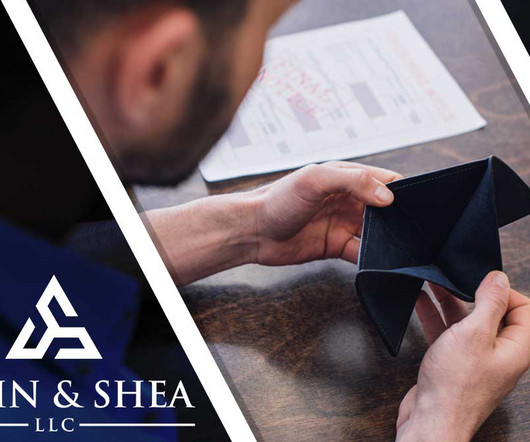How Long Will Chapter 13 Delay Foreclosure?
Sawin & Shea
AUGUST 24, 2022
If you’re at risk of losing your home, Chapter 13 bankruptcy could be your best option. When you’re going through the process of filing Chapter 13, foreclosure cannot occur because you’re granted an automatic stay, meaning that lenders cannot pursue your debts and recover collateral, including your home.


















Let's personalize your content